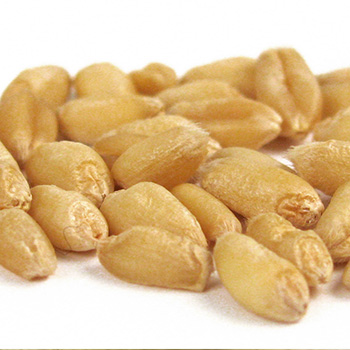The export market development programs administered by USDA’s Foreign Agricultural Service are highly successful partnerships with U.S. farmers, ranchers, dairy producers and small food businesses. U.S. Wheat Associates (USW) and the Washington Grain Commission (WGC) are leveraging that partnership to increase demand for soft white wheat in Guatemala.
Over several years, USW and WGC have worked together to educate decision makers at commercial bakeries and food manufacturers in Latin America about the benefits of low protein soft white (SW) wheat. WGC provides direct funding from its checkoff program and USW uses funding from the Market Access Program (MAP) and Foreign Market Development (FMD) program.
In 2013, USW sent an expert in “premix” consumer bakery products to work with an innovative and growing Guatemalan flour mill and wheat foods company. The consultant helped the company set up a small plant to develop formulations for chocolate and vanilla cake mixes as well as pancake and corn bread mixes using flour from U.S. SW wheat. After extensive quality testing and production refinement, the company has now successfully launched these branded consumer products through a large Guatemalan supermarket chain.
With direct producer funding, USW also worked with WGC to conduct a seminar with the same company designed to show how blending flour from U.S. SW and other wheat classes can improve end-product quality while reducing flour costs compared to competing wheats. Milling consultant Andrea Saturno and USW Technical Specialist Marcelo Mitre demonstrated several different blending proportions and conducted bake tests at the company’s own laboratory. The company continued trials on its own and chose a blend of 50 percent SW and 50 percent U.S. hard red winter (HRW) wheat that it successfully markets as an industrial bread flour.
In addition, the company says its two largest flour customers now purchase SW-based flour to manufacture branded cookie and cracker products. One of the customers recently built a new cookie factory that represents an opportunity for USW to expand its technical assistance.
Such end-user success and growth creates an opportunity to continue expanding annual SW exports to Guatemala of almost 130,000 metric tons per year, valued at more than $25 million, making Guatemala the largest SW volume importer in Latin America. Total U.S. wheat commercial sales to Guatemala in marketing year 2017/18 exceeded 527,000 MT.



